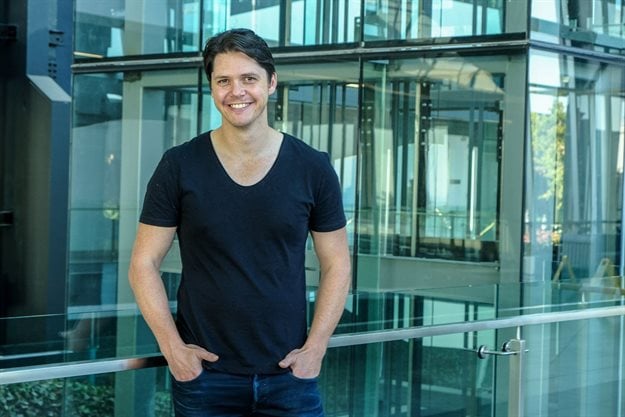Increased automation, AI, robots, 5G, digital everything - the workplace of the future that we've been talking about for so long, is actually here. The year 2020 seemed like a mythical futuristic place that would come with spaceships instead of cars, pills instead of food and a workplace practically devoid of actual people. But here we are; technologically advanced (as expected) but still employing humans. In many cases, companies have been so focused on their technological progress that I suspect that many have forgotten about the human element.

Andrew Robinson, co-founder and executive director of SiSebenza
Humans remain at the heart of business
In this brave new world, we have to pay close attention to our people. No matter what else changes, humans remain at the heart of a business and its success. A recent piece of research by CultureAmp reports that when asked why they stay at their current company, one of employees’ top five answers was because leaders consistently demonstrate that people are important to the company’s success.
But in a world where the workplace is largely digitised and no longer strictly an actual place, at least not all the time, and not for everyone, it’s important to consider what is really needed to make a company function in 2020?
Flexible working spaces and hours are increasingly the norm, as is a staff which includes freelancers and flexi-workers. These, and other non-traditional ways of working, mean that the things which bind us as members of one organisation are less tangible, making communication more essential than ever. Luckily, the very technology that is changing our working world also provides us with a way to maintain a high level of real engagement. Virtual infrastructure enables workplace collaboration, keeping people close wherever they are across the globe.
The new teambuilding
Community-building is also vital, even when you don’t look like a traditional community. Millennial and Gen Z cohorts are likely to get more excited by being able to innovate together via technology than they will be by a social event where they’re all gathered together in one place. The ability to innovate through technology is the new teambuilding for the decade ahead.
But sometimes technology has to take a back seat. Workspace wellness is fast becoming an essential element of any work environment. What used to be considered a perk is now a fundamental part of productivity. There are more research papers than can be quoted that clearly show the benefits of workplace wellness on mental wellness and the resulting increase in productivity. Companies all over the world offer employees specific wellness initiatives from mindfulness training, meditation, regular breaks, guided workouts, stand-up work desks, pet-friendly work zones etc., to boost morale and effectiveness – these are the ones which recognise the value that humans still bring to work.
Do companies still have a way to go to prepare for the workplace of the future that is actually here? When it comes to their people practices, yes, probably. Perhaps every company needs a new person for a new age: chief future officer. Their job? To stay up to date with the new world of work and harness what’s on offer to the benefit of the people who work there.

































